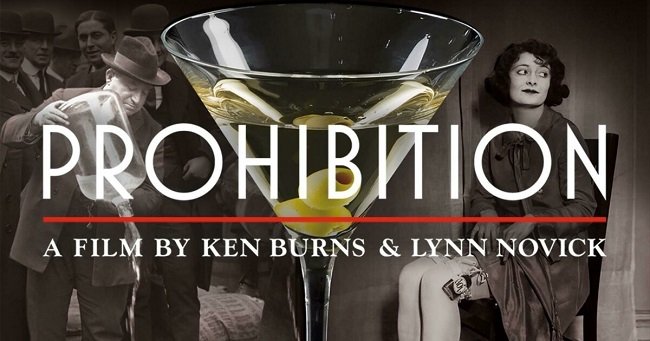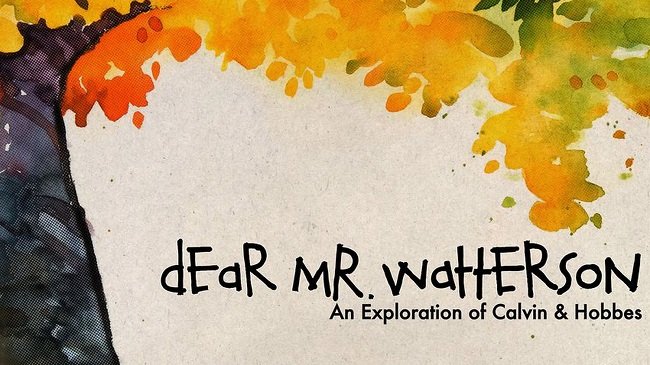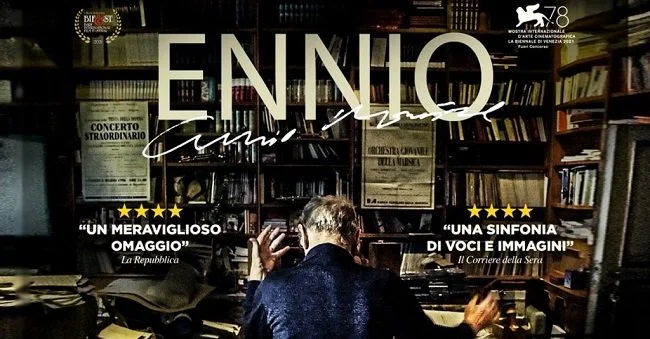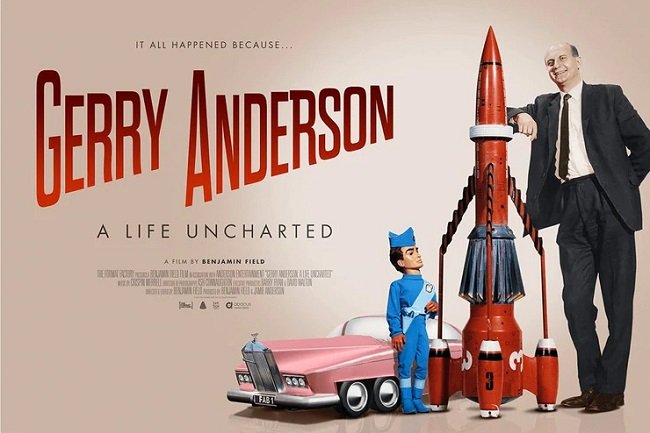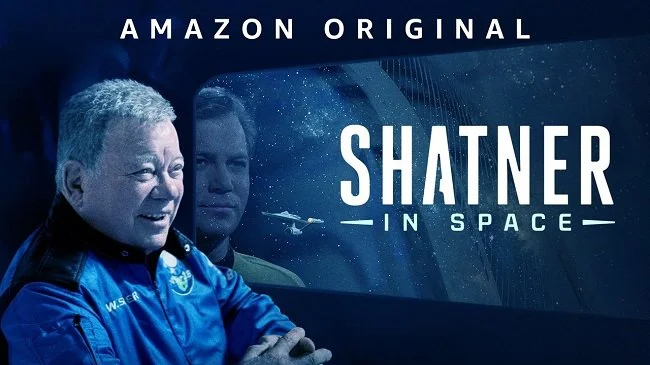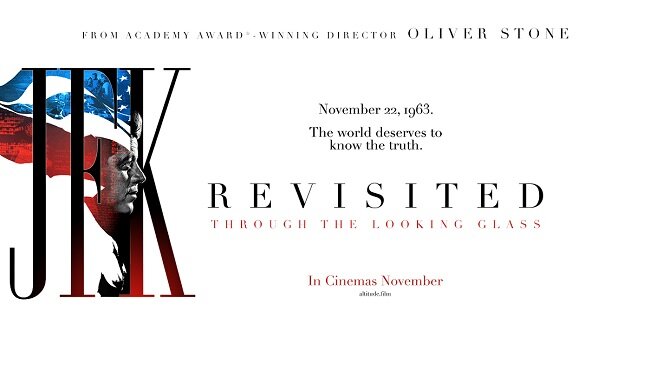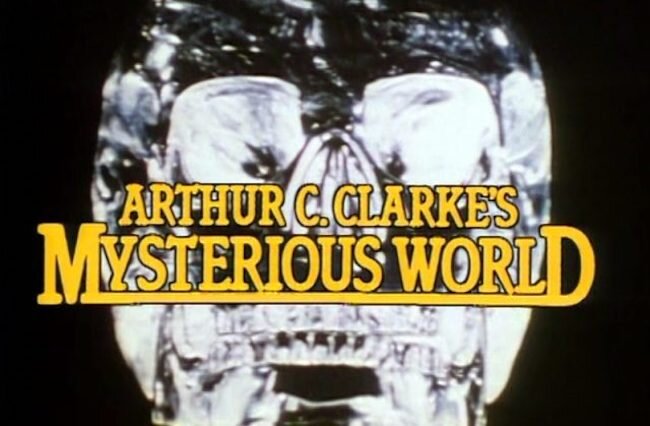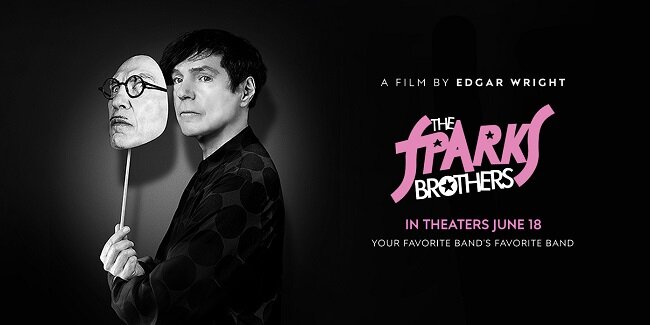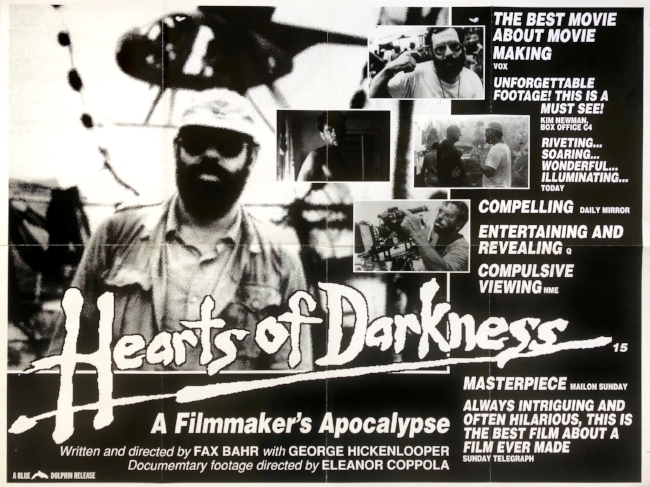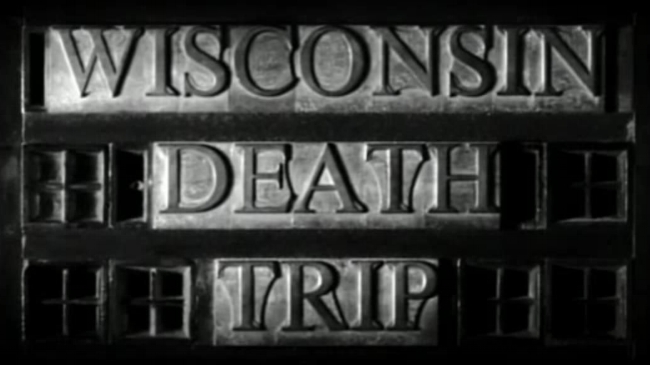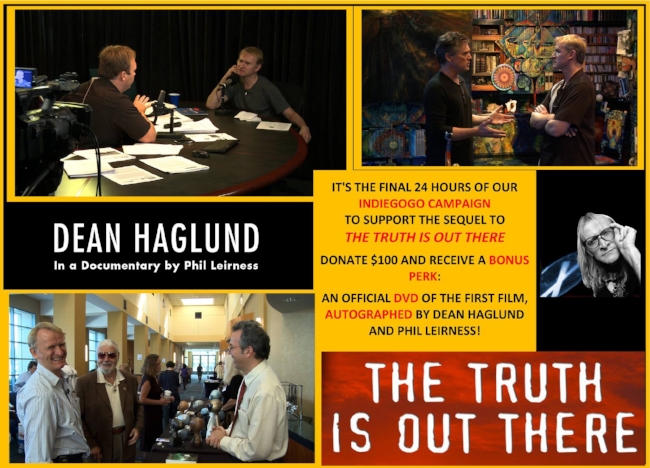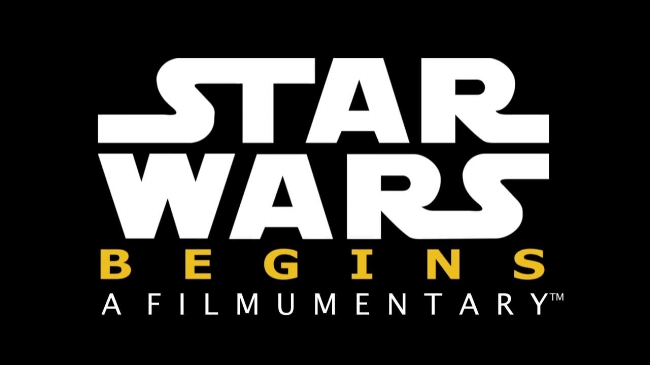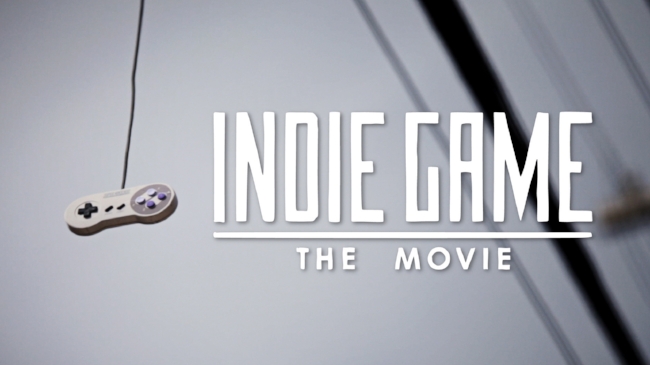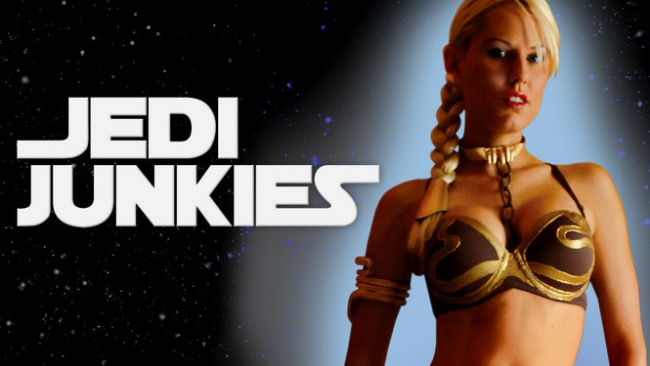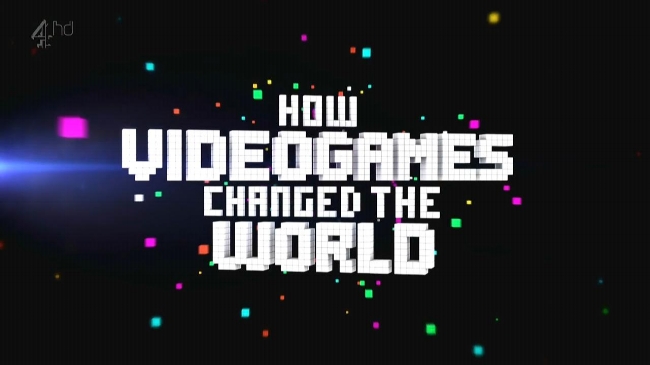JFK Revisited: Through the Looking Glass (2021)
I am not a fan of conspiracy theories, nor those who are heavily invested in them. There are many reasons to repudiate such ideas but for me the main one is just a simple observation on human nature. Any major conspiracy, plot or cover up requires large swaths of people to participate and remain quiet about the facts. Yet one of the most common attributes of the human condition is peoples total inability to shut up. Simply put, most conspiracy theories don’t hold water because someone would have blabbed. Hence, documentaries about how the moon landings were faked or how 9/11 was an “inside job” tend not to “butter any parsnips” with me. However, JFK Revisited: Through the Looking Glass is a surprisingly different beast. I was surprised by its measured approach and its inferred conclusion. Has old age mellowed the filmmaker Oliver Stone?
The assassination of John F. Kennedy, the 35th President of the United States, in 1963 was a landmark event. The murder of a serving president is no small beer and it has left a deep scar on the psyche of America. Especially in light of JFK’s policy of domestic reform and diplomatic engagement with the nation’s supposed “enemies”. Almost immediately after the tragic events it became apparent that there were inconsistencies in the evidence gathered from the subsequent investigation. These have never really gone away or been satisfactorily explained, so it was inevitable that legitimate reservations by both the press and the public would eventually lead to conspiracy theories concerning the true nature of the shooting. Then in 1991, filmmaker Oliver Stone explored the subject in-depth with his drama JFK.
Thirty years later, the director and writer returns to the subject with the documentary JFK Revisited: Through the Looking Glass. Due to a great deal of information now being formally declassified by the US government and available for public scrutiny, new information has come to light that seems to indicate a specific culprit. It would appear that a great deal of evidence was amassed by the Warren Commission which investigated the assassination and anything that didn’t support the clear narrative of “a lone gunman, working alone” was simply kept out of the final report. It is this information that is scrutinised and presented in this two hour documentary. The first part, narrated by Whoopi Goldberg, focuses on the new evidence. The second part, narrated by Donal Sutherland, explores the potential motives of the suspected party.
As for the finger of blame, it points squarely at the CIA. Furthermore, it does so in the most unsensational manner. By the time JFK Revisited: Through the Looking Glass reaches its conclusion, the evidence seems to be tediously plausible. There are no hyperbolic theories about secret organisations or complex plots financed by foreign powers to shoot the president. Just a rather credible assertion that the head of the CIA and a few hawkish senior members of the military didn’t like Kennedy’s policies or political leanings. The fact that he wanted to curtail US involvement in Vietnam was seen as unacceptable, unpatriotic and very bad for the economy. Hence the documentary implies that existing CIA assets were used and that Lee Harvey Oswald was specifically chosen because he could be conveniently disavowed and presented as a crank, as he was approaching the end of his operational use.
JFK Revisited: Through the Looking Glass does get a little over excited at times. The documentary does seem in a hurry to supply fact after fact for the viewer’s edification. A pause in the narrative from time to time would help audiences digest what they are being presented. Regardless of the pace this documentary is never dull, nor does it adopt the strident tone that those who immerse themselves in conspiracy theories often do. Even if you don’t agree with the manner in which the new evidence is interpreted, JFK Revisited: Through the Looking Glass most definitely shows that the overall 1963/4 investigation was flawed and therefore questionable. And because many politicians, journalists and writers have been sceptical for so long, the overall “conclusion” seems very plausible because it is not in any way unreasonable or extreme. Oliver Stone is also right that the debacle over JFK still has an impact on US politics today. He claims that Trump is a symptom of the ongoing fallout.


